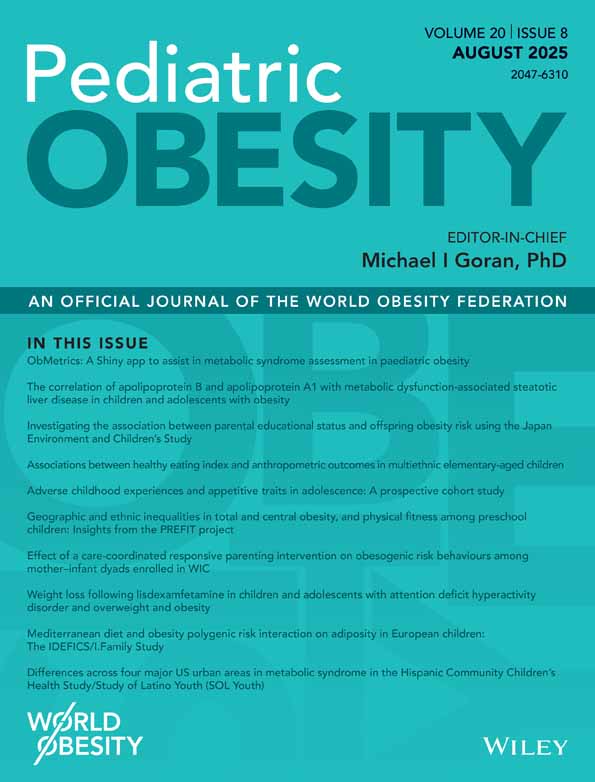Gross motor skill performance in a sample of overweight and non-overweight preschool children
Abstract
Objective. The aim of the study was to examine the gross motor skill performance of overweight and non-overweight preschool children from South of Italy, and to investigate possible differences by gender. Methods. Participants were 38 boys and 42 girls (4.5 ± 0.5 yr) categorized as overweight (n = 38) and non-overweight (n = 42), according to the IOTF body mass index (BMI) cut-off points. The Test of Gross Motor Development was used to assess seven locomotor skills (run, gallop, hop, leap, horizontal jump, skip and slide) and five object-control skills (two-hand strike, stationary bounce, catch, kick and overhand throw). The raw, standard and percentile scores and the Gross Motor Development Quotient (GMDQ) were calculated for each participant. ANOVA 2 (gender) × 2 (group) was conducted on the subtest standard scores and the GMDQ. Results. No differences in performance were found between boys and girls on the subscale standard scores and the GMDQ. Significant main effects (p < 0.001) were reported for group on the GMDQ, and the standard scores for locomotor and object-control skills, with overweight children reporting lower movement competence than their counterparts. Pearson's correlations revealed relationships (p < 0.001) between BMI and locomotor (r =−0.54) and object-control (r = 20.48) skills, and between BMI and GMDQ (r = 20.54). Conclusions. Findings indicate that childhood obesity might have adverse effects on gross motor development. Overweight participants showed poorer performance on locomotor and object-control tasks than their non-overweight peers. Interventions to promote physical activity in overweight children should be directed towards achieving a healthy weight and motor skill improvement.




